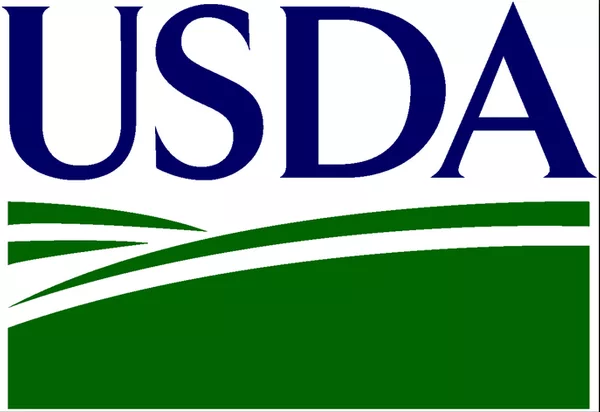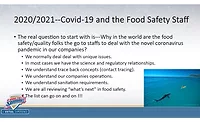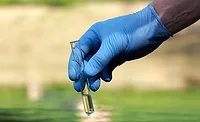New Pesticide Testing Data Touts U.S. Food Supply as “One of the Safest in the World”

In mid-February, the U.S. Department of Agriculture’s (USDA’s) Agricultural Marketing Services (AMS) Pesticide Data Program (PDP) released its 2016 Annual Summary. The data collected is an analysis of pesticide residues detected on various domestic and imported foods. PDP is particularly concerned with analyzing foods that are primarily consumed by infants and children.
According to AMS, “The PDP annual summary provides reliable data to help assure consumers that the food they feed themselves and their families is safe.” In short, the 2016 report shows that when pesticides are detected, they are almost always present at levels below the limits set by the U.S. Environmental Protection Agency--the agency with which USDA works with to test foods for pesticides. This means that the U.S. food supply is “one of the safest in the world,” says AMS.
The 2016 surveys tested a variety of foods--over 10,000 samples of fresh and processed fruit and vegetables, eggs, and milk. Samples were collected throughout the U.S. and throughout the year. The findings? Over 99 percent of the samples tested had residues well below the EPA established tolerances. The results also showed more than 23 percent had no detectable pesticide residue.
There were samples that contained pesticide residues that exceeded EPA’s limits--0.46 percent of samples, to be exact. AMS says that “the small amount of pesticides found in a few of the samples present no health risk” to consumers. In addition, the U.S. Food and Drug Administration has concluded that pesticide residues pose no risk of concern for infants and children.
It is important to note that some of the food commodities tested do not have established pesticide tolerance levels to scrutinize against. For eggs and milk, there were no residues found that exceeded the tolerance levels, nor were there any residues with no established tolerance.
For more on the survey data and its findings, see the official 2016 Pesticide Data Program Annual Summary.
Sign up for Food Safety Magazine’s bi-weekly emails!
Subscribe to our podcast: Food Safety Matters!
Looking for quick answers on food safety topics?
Try Ask FSM, our new smart AI search tool.
Ask FSM →








